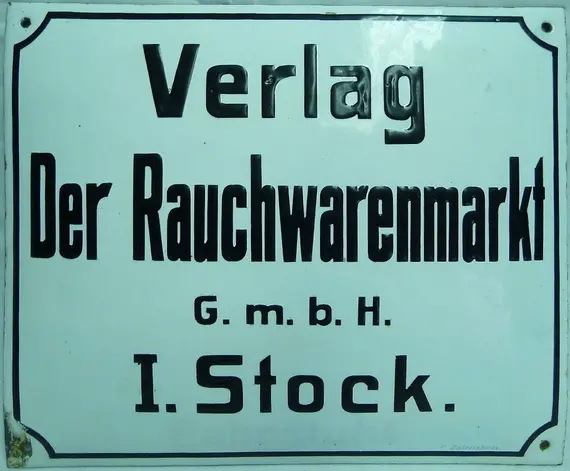Leipzig as a Centre of the Global Fur Trade
World War I and the Bolshevik Revolution weakened Leipzig’s position as traditional centre of the global fur trade. Leipzig’s merchants were forced to develop new business strategies for both, maintaining the supply of furs and implementing new methods in fur processing. Therefore, well known patterns were resumed: in 1921 the first auction of soviet furs was hold in Leipzig. The resurgence of Leipzig as the capital of the global fur trade reached its peak in 1930, when the International Fur Exhibition (Internationale Pelzfach-Ausstellung) and the (singular remaining) world fur congress took place. The takeover of the national socialists in the 1930s again considerably damaged the fur industry in Leipzig which was essentially shaped by Jewish traders and firm owners. With the outbreak of World War II, the international oriented fur business in Leipzig came to an end.
This project examines continuity and change in Leipzig’s fur industry during the interwar period from the perspective of the newspaper “Der Rauchwarenmarkt” (“The Fur market”). This newspaper was published in Berlin and Leipzig and is part of the inventory of the German National Library. Applying data analytics and text mining methods this project investigates the role of Leipzig as a global fur trade centre and logistical anchor point. We aim to analyse the networks of the actors, how they perceived and dealt with the economic, technological, and political disruptions of the first half of the twentieth century and which role a scientification of the fur industry played.
Cooperating partners are Prof. Dr. Christoph Schlieder (Chair of Computing in the Cultural Sciences), Prof. Dr. Christian Lübke (Leibnitz Institute for the History and Culture of Eastern Europe, GWZO Leipzig). The German National Library supports the project by digitization of the newspapers and providing their own infrastructure).
